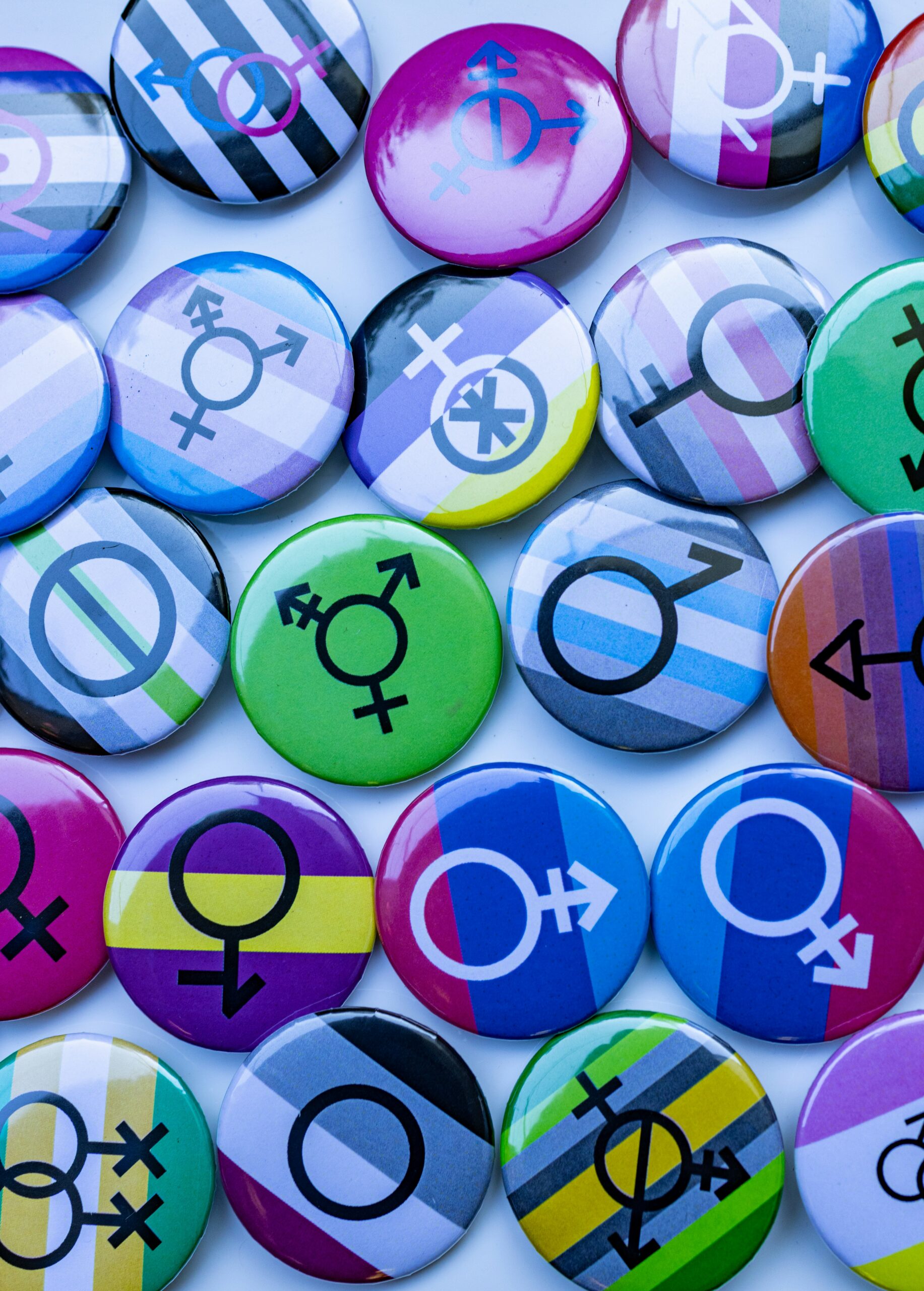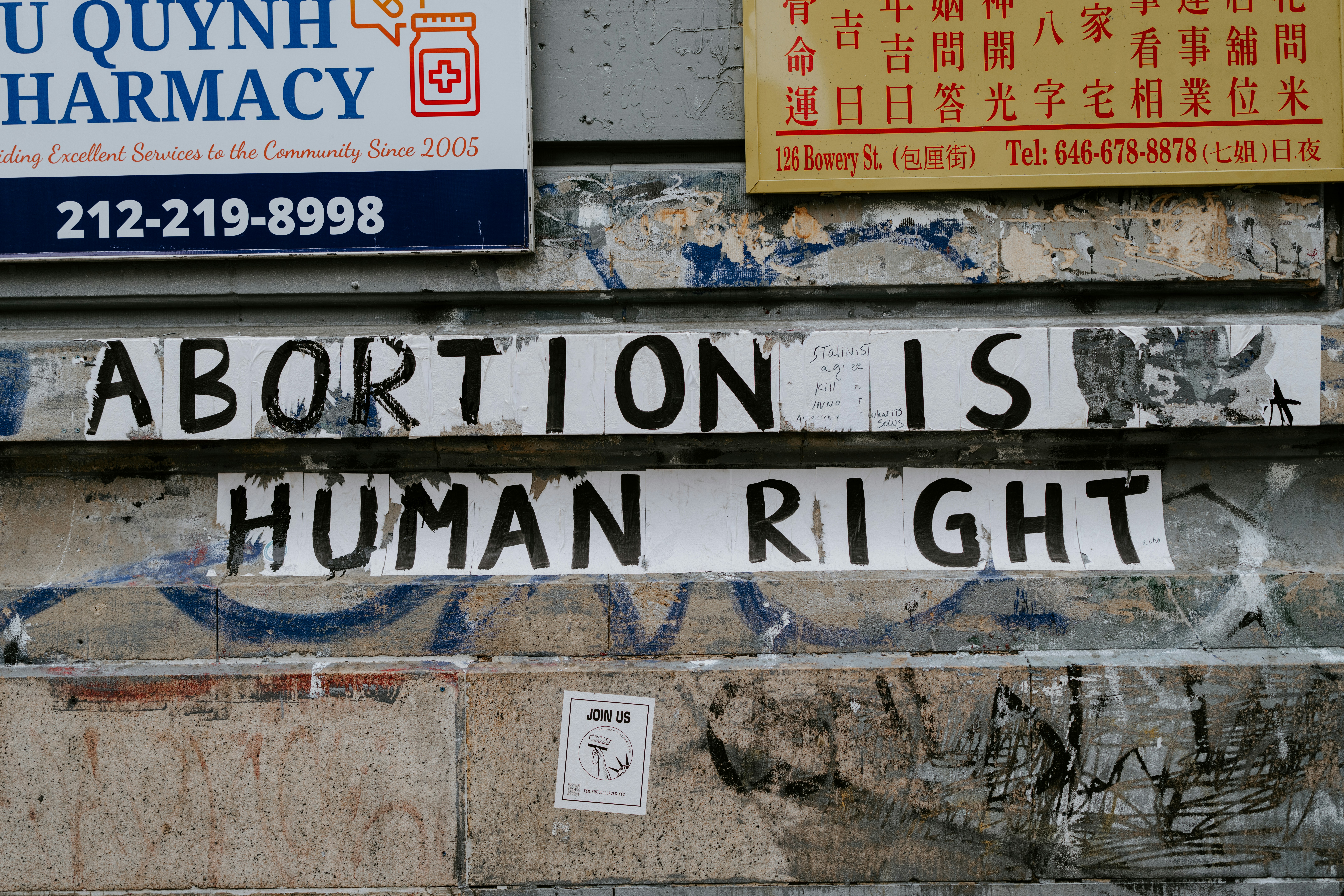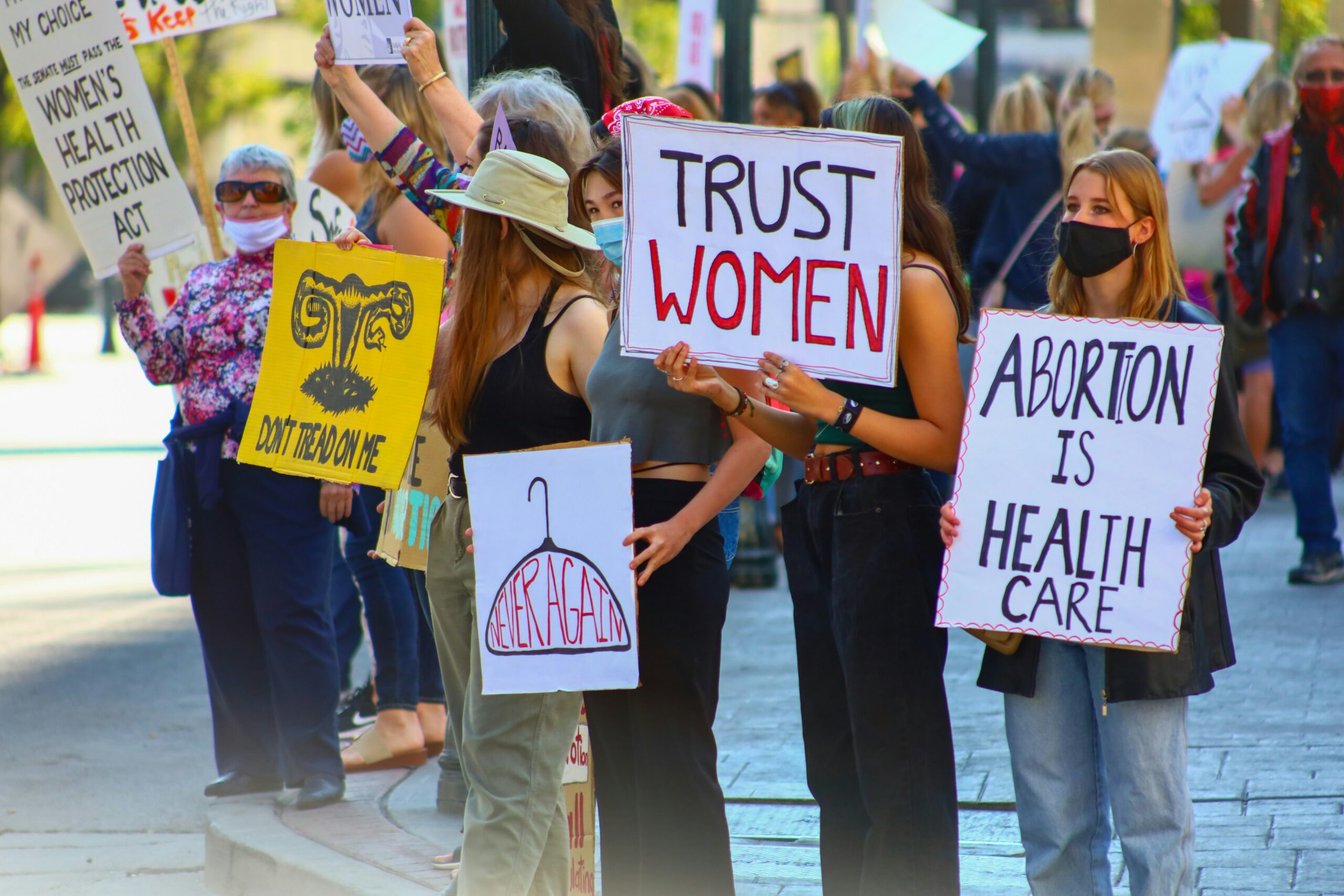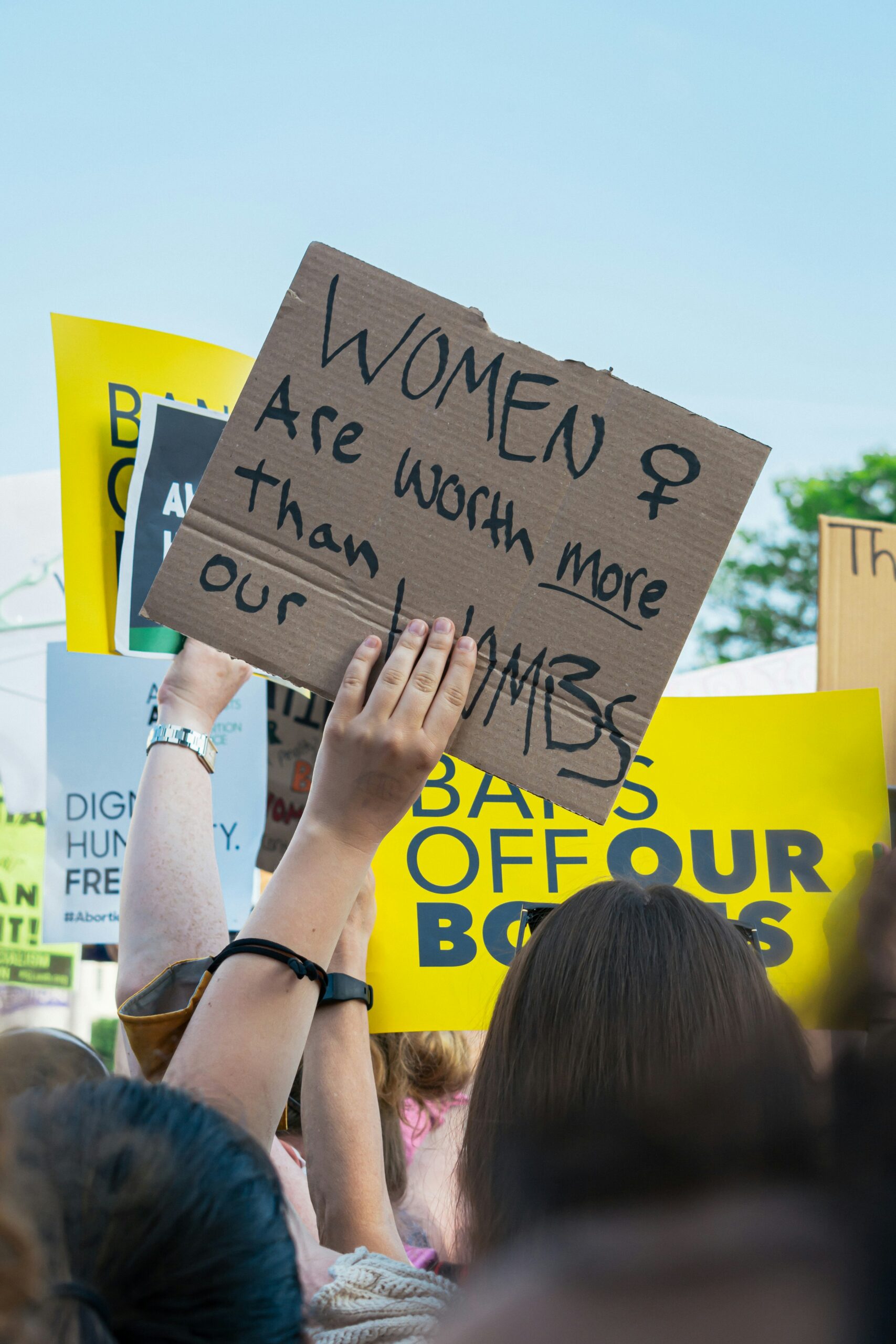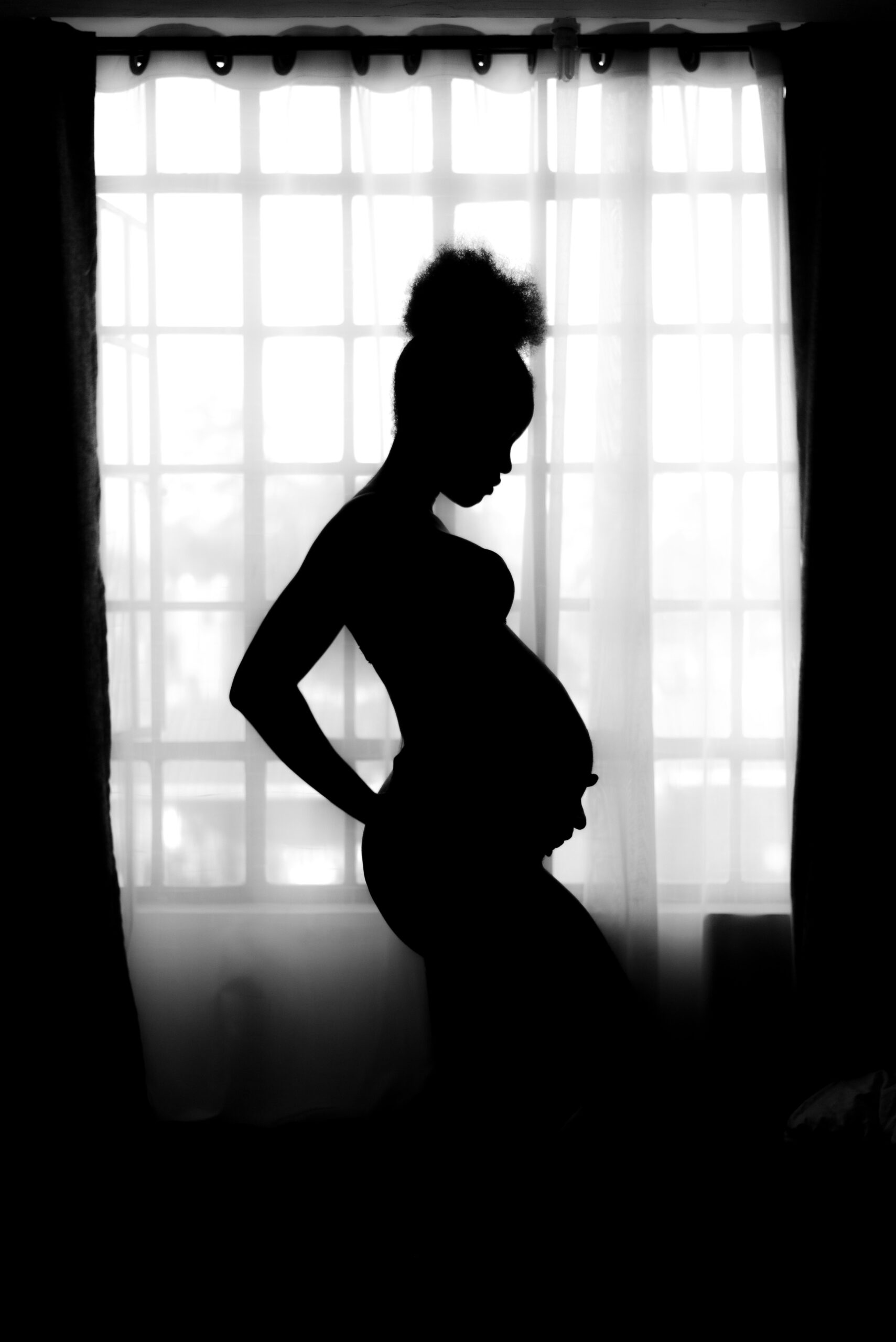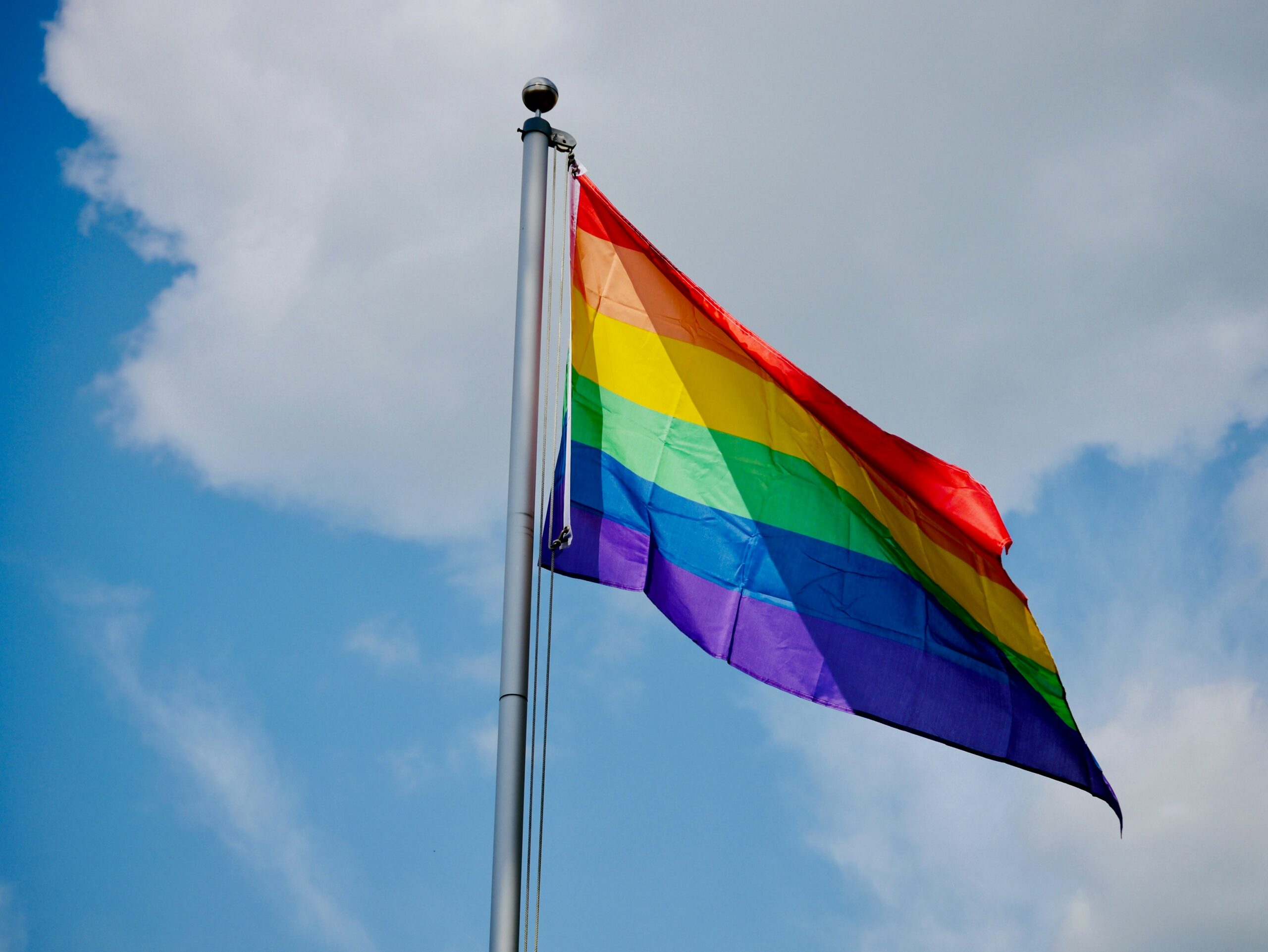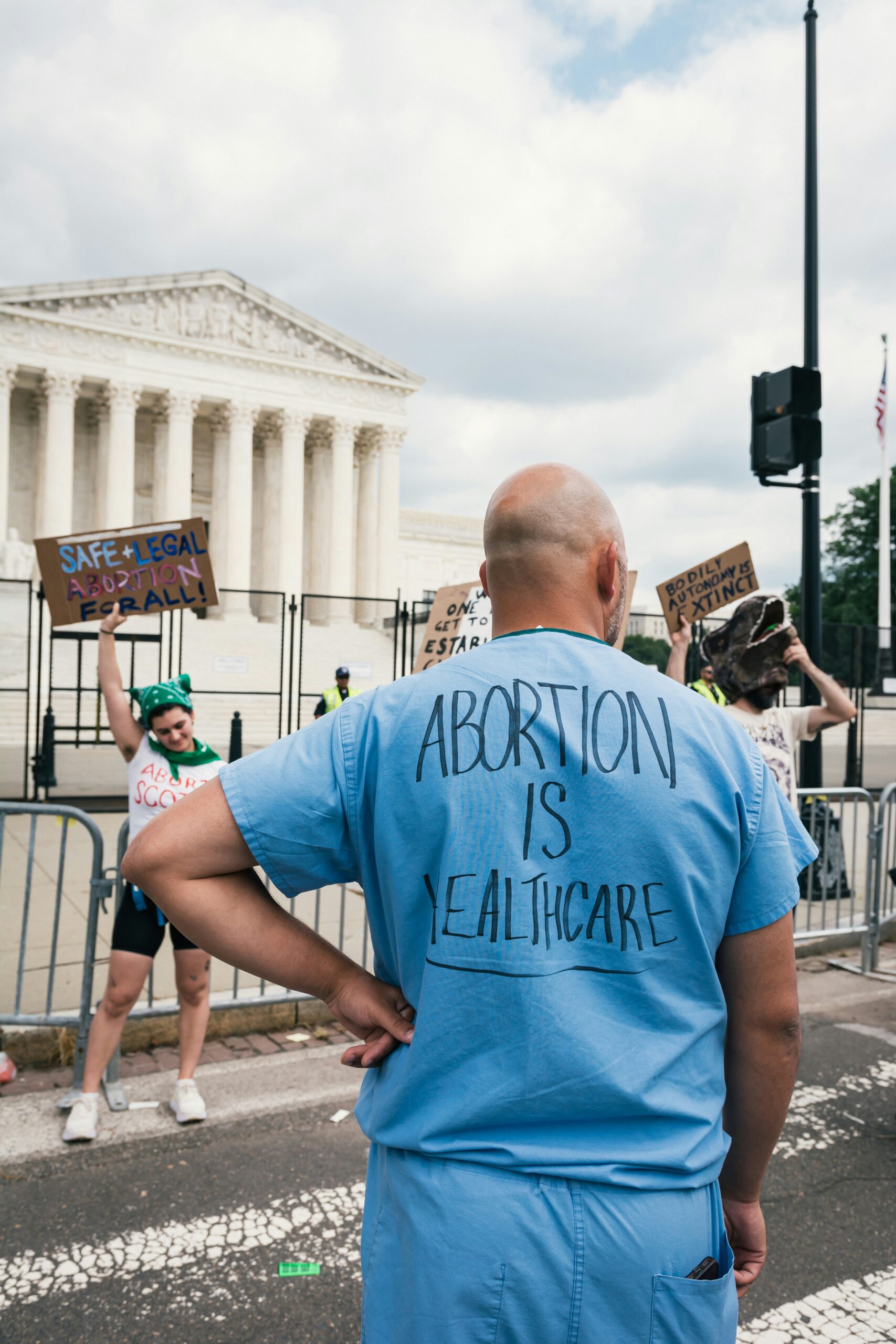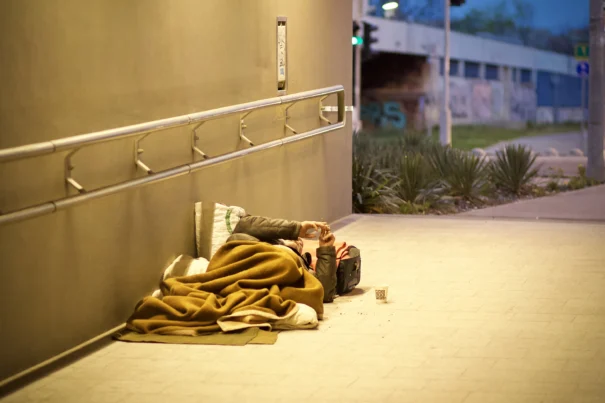On February 3, 2026, the American Society of Plastic Surgeons (ASPS) released a new position statement. It recommended that gender transition surgeries involving the chest, genitals, and face be limited to patients aged 19 and older. This made ASPS the first major American medical association to narrow its guidance on pediatric gender-affirming care.
In its statement, ASPS, claimed that the evidence supporting gender-related endocrine and surgical interventions is of “low certainty.” The organization argued that the potential risks of surgery, combined with the permanence of some procedures, could harm pediatric patients. Since children are considered a vulnerable population, ASPS stated that greater restrictions are necessary.
However, this decision seems to strongly correlate with the broader political push to restrict access to gender-affirming care to queer youth under the current presidential administration. Rather than centering patient well-being, the statement reflects a growing trend of suppressing access to care for transgender and queer youth.
All medical procedures involve risk. But denying access to gender-affirming care can be even more harmful. Gender-affirming care is an recognized and evidence-based treatment for gender dysphoria. For many trans youth, it is medically necessary and lifesaving.
An estimated 2.8 million people ages 13 and over identify as transgender in the United States, including roughly 724,00 youth. Research consistently shows that, that when trans youth lack access to affirming care, they face increased rates of depression, anxiety, and suicidal ideation. Denying care strips them of bodily autonomy and forces them to endure distress caused by unwanted physical changes. Yet society does not apply these restrictions equally.
Procedures such as breast augmentation, lip fillers, and rhinoplasty are widely accepted. These surgeries often help people align their bodies with social ideals of femininity or masculinity. Growth hormones have also been prescribed to children since the 1950s to treat medical conditions and help cisgender youth develop according to their expected gender norms. In these cases, such care is viewed as necessary and appropriate.
When similar treatments help transgender youth align their bodies with their gender identity, they suddenly become controversial. This is a clear double standard.
Withholding gender-affirming care affects everyone’s access, not just queer youth. Healthcare is a fundamental right. It should be available to all, regardless of age, gender identity, or sexual orientation. Transgender and nonbinary youth deserve the same respect, dignity, and medical access as their cisgender peers.
